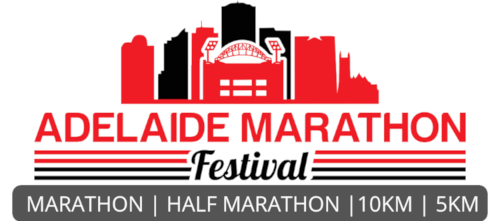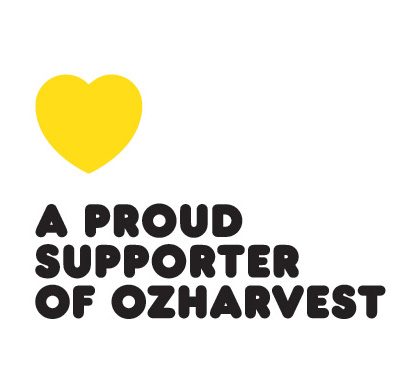2024 Adelaide Marathon Festival Training plan instructions & notes
Updated by Kent Dredge - SARRC Club Coach. Copyright SARRC

General Information
We have created the attached programs to help develop your current running endurance level to complete either the 2024 Barossa Festival Half or Full Marathon. The 20 week programs follow a periodised schedule increasing the training loads gradually from week 1 with a reduction in volume every 3-4 weeks before further increases, to reduce the risk of injury, allow your body to recover and adapt to the training. In addition SARRC members can access a more detailed online program within finalsurge.com, by contacting the
Please choose the most appropriate program from one of the following, noting that Level 1 programs incorporate easier runs throughout the week & level 2/3 include weekly runs more focused on improving long term pace:
Adelaide Half Marathon:
Level 1: Current longest run of approx 10km & committed to undertake minimum 3 runs per week (Incl. H2H 10km)
Level 2: Current longest run of approx 10km & committed to undertake minimum 4 runs per week (Incl. H2H 10km)
Level 3: Current longest run of approx 10km & committed to undertake minimum 5 runs per week (Incl. H2H 10km)
Adelaide Marathon:
Level 1: Current longest run of approx 15km & committed to undertake minimum 3 runs per week (Incl. H2H Half)
Level 2: Current longest run of at least 15km & committed to undertake minimum 4 runs per week (Incl. H2H Half)
Level 3: Current longest run of at least 15km & committed to undertake minimum 5 runs per week (Incl. H2H Half)
The plan should be used as a guide only, so feel free to switch days around to suit your own lifestyle, or substitute additional runs (e.g. Fartlek/Speed Intervals) on the cross training days or more experienced/busy runners may decide to undertake a level 2 or 3 program & reduce the weekly running commitment. Also feel free to substitute the type of run allocated in the program, e.g. a hill repeat session for a Fartlek/Speed Intervals session. Please refer to workout descriptions below for further information on the sessions. Please contact
We also encourage you to join in with one of the many SARRC running groups (as detailed on the website), where you will find a supporting and social environment to keep you motivated towards your end goal. In particular the Sunday morning Marathon Mentor Group (7.30am start at our clubrooms on MacKinnon Parade, North Adelaide) will organise the appropriate distanced runs corresponding with these programs.
All programs also incorporate two strategies to assist with race day performance. The first being back-to-back runs scheduled for some weeks, which aims to improve your endurance by training your body to run in a fatigued state after a faster run the day before and therefore reduce the fatigue factor on race day. The second is a very short 15 minutes run with a few interval spurts the day before race day to ‘wake’ the body up and be prepared to race, as some people who have a complete rest day the day before comment on how lethargic they feel on race day. Once again, if you find these don’t work for you when you participate in the events earlier in the program, feel free to change to suit your needs or reachout to SARRC Club Coach for further information.
Before you start any plan you should always have your own GOAL in mind, so don’t be concerned if others are running longer runs or more weekly kilometres than you, just remain focussed to the process.
My philosophy as a coach is that every training session should have a purpose, so it is important to focus on QUALITY, rather than the quantity. It’s nice to turn to your friends and say you did “x” kilometres for the week, but you need to also ask yourself how many of those kilometres were a waste of time and didn’t really contribute towards your overall GOAL. If occasionally you run an extra kilometre or 2 because you felt good (except maybe during the taper period) or run one less because you didn’t, it will not affect your overall achievement of the GOAL, always be mindful of injury RISK versus the REWARD.



